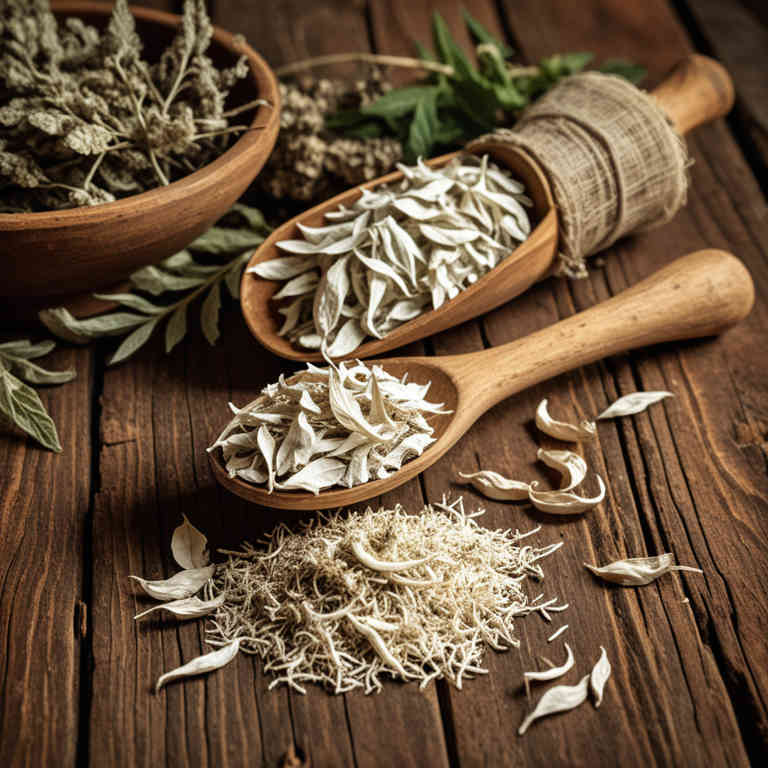Morus alba mucillage for medicinal use

Morus alba mucillage is a viscous, gel-like substance derived from the bark and leaves of the white mulberry tree (Morus alba).
It is rich in polysaccharides and is known for its demulcent and anti-inflammatory properties. In herbalism, it is used to soothe irritated mucous membranes, making it beneficial for conditions like sore throats, coughs, and digestive tract inflammation. It is often prepared as a poultice, tonic, or oral supplement.
This preparation has been traditionally used in Chinese medicine to support respiratory and digestive health.
Uses
Morus alba mucillage has been used to treat various ailments in traditional medicine systems across Asia for centuries.
Historically, it was valued for its demulcent properties, providing soothing relief for respiratory and gastrointestinal conditions. In traditional Chinese medicine, it was used to alleviate coughs, sore throats, and digestive discomfort. Modern research has explored its potential anti-inflammatory and antioxidant effects, leading to its use in contemporary herbal remedies and dietary supplements.
Its mucilage content is believed to contribute to its therapeutic benefits in both traditional and modern applications.
Benefits
Morus alba mucillage has health benefits such as improving digestive health, reducing inflammation, and supporting respiratory function.
It is known for its high mucilage content, which can soothe irritated tissues in the gastrointestinal tract. This preparation may also help in managing symptoms of coughs and sore throats due to its demulcent properties. Additionally, it has been traditionally used to support skin health and may aid in detoxification processes.
Its natural soothing effects make it a valuable remedy for various health conditions.
Constituents
Morus alba mucillage active constituents include polysaccharides, mucilage, and various phenolic compounds.
These components contribute to its traditional use in promoting digestive health and soothing inflammation. Polysaccharides are known for their immunomodulatory properties, while mucilage acts as a demulcent, providing a protective layer over mucous membranes. Phenolic compounds may offer antioxidant and anti-inflammatory benefits.
This herbal preparation is often used to support respiratory and gastrointestinal wellness.
Preparation
To make Morus alba mucillage, begin by collecting fresh leaves from the white mulberry tree (Morus alba).
Wash the leaves thoroughly and soak them in cold water for 24 hours to allow the mucilage to dissolve. After soaking, strain the liquid through a fine mesh or cheesecloth to separate the mucilage from the solid residue. The resulting mucilage can be used as a natural adhesive or in traditional remedies.
This preparation is valued for its soothing and binding properties in herbal applications.
Side Effects
Morus alba mucillage may lead to gastrointestinal discomfort such as nausea, vomiting, and diarrhea due to its high mucilage content.
It can also cause bloating and gas as the body digests the thick, sticky substance. In some cases, excessive consumption may result in intestinal blockage, particularly in individuals with pre-existing digestive conditions. Long-term use might interfere with nutrient absorption and lead to malnutrition.
It is important to consult a healthcare professional before using Morus alba mucillage, especially for those with chronic health issues.